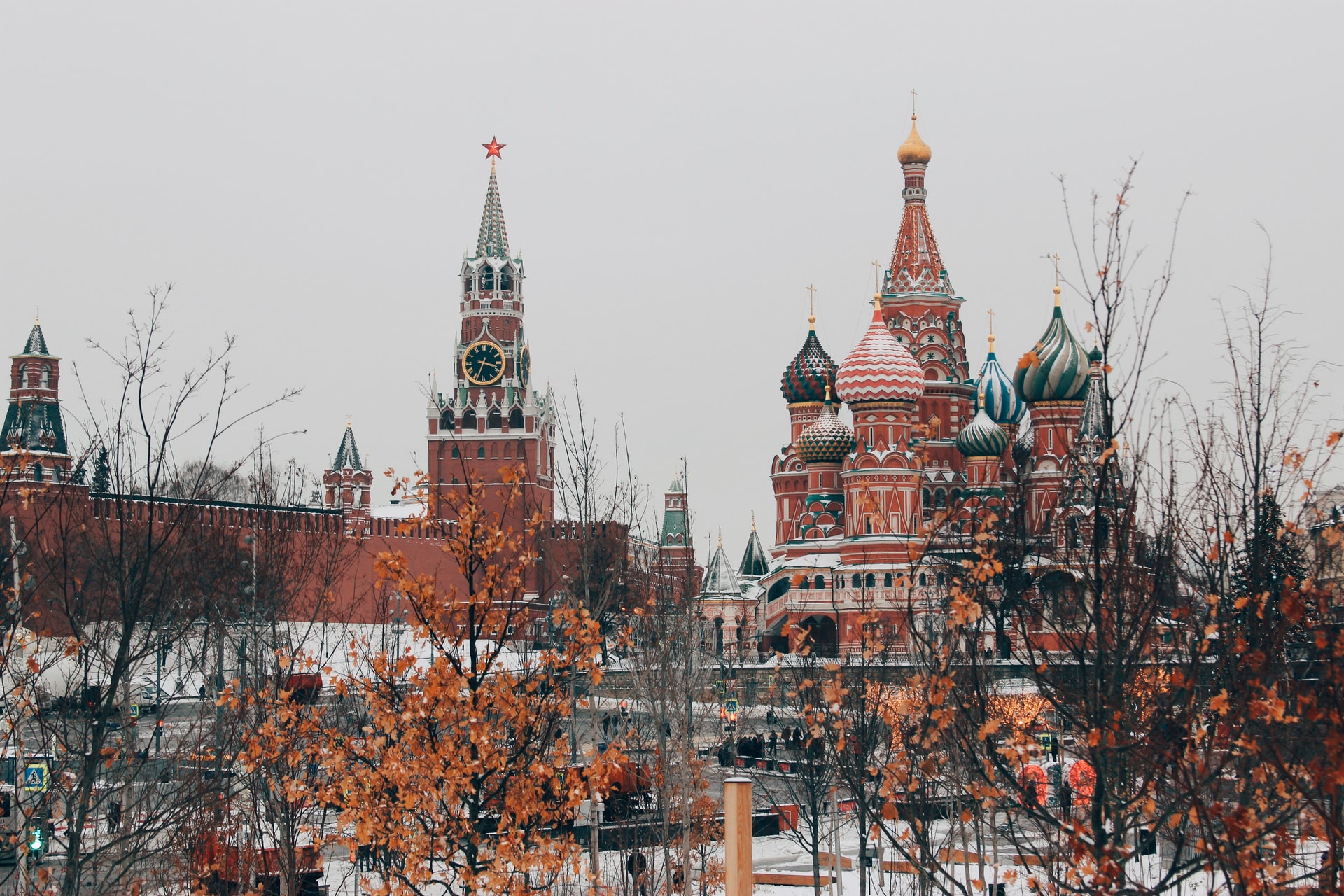The effect of the sanctions imposed on Russia following its invasion of Ukraine in February may be having a deeper impact than many reports assume, according to two Yale scholars.
Writing in Foreign Policy, Jeffrey Sonnenfeld, a professor in management practice and senior associate dean at Yale School of Management, and Steven Tian, director of research at the Yale Chief Executive Leadership Institute, provide compelling evidence that the prima facie resilience of the Russian economy may be due to deliberate strategies to obfuscate the real situation.
Mr Sonnenfeld and Mr Tian argue that many of the positive analyses of Russia’s economy in recent months draw on the Russian Government’s periodic economic releases. However, the published metrics, they say, have become increasingly cherry-picked to present the most favourable data, with a large number of key statistics withheld.
Such withheld statistics include those relating to exports and imports, particularly with Europe, airline and airport passenger volumes, monthly output data for oil and gas, commodity export quantities, capital inflows and outflows, financial statements of major companies, central bank monetary data, data on foreign direct investment, and other metrics related to credit.
The authors, together with a team of experts, therefore used a wide array of instruments and resources to construct one of the first comprehensive economic analyses measuring Russian economic activity five months into the invasion.
While bearing in mind Yale’s historic closeness to the US foreign policy establishment, their conclusions, which are drawn on analyses of hard data, do not bode well for Russia, finding that business retreats from the country and sanctions are crushing its economy while putting paid to several myths that have proliferated about its resilience.
For example, there is the idea that Russia can redirect its gas exports to Asia instead of Europe. However, the network of pipelines connecting its eastern-most region, Siberia, to Asia, only contains 10 per cent of the European network’s capacity, with new pipelines requiring years of development before becoming operational. In fact, Russian state energy company Gazprom’s published figures show that production in July was down by 35 per cent over the same month a year prior, indicating that Russian President Vladimir Putin’s energy blackmail of Europe comes at a steep price.
Meanwhile, China and India are forcing through an unprecedented discount on Russian oil. While this is partly made up for by higher oil prices, the steep discount betrays Russia’s weakened negotiating position, forcing the Russian energy ministry to revise its long-term oi output projections downwards.
Imports, particularly crucial high-tech intermediate goods necessary for the functioning of Russian industry, have also collapsed by around half. It will be difficult for China to make up the shortfall – with the US taking in seven times as many Chinese exports as Russia, Chinese companies will be mindful of drawing unwanted attention.
Mr Sonnenfeld and Mr Tian, present further evidence of Russia’s economic degradation, including plunging consumer spending, retail sales, and e-commerce transactions, a mass exodus of around 500,000 of the country’s most highly educated and skilled individuals, straining Kremlin finances, and dramatic falls in Russia’s usable (non-frozen) foreign currency reserves.
The rally of the ruble, which reached seven-year highs, is also the fruit of some of the most restrictive capital controls in the world, with the Bank of Russia admitting that the exchange rate is a reflection of policies rather than freely tradeable liquid foreign exchange markets.
Perhaps most alarmingly, Russia’s Finance Minister suggested withdrawing a full third of the total value of the National Wealth Fund to pay for the Government deficit this year.
As the authors point out: “If Russia is running a budget deficit requiring the drawdown of a third of its sovereign wealth fund when oil and gas revenues are still relatively strong, all signs indicate a Kremlin that may be running out of money much faster than conventionally appreciated.”
Two years since its birth, Moneybase features on Microsoft’s Customer Stories
Moneybase has now just been featured on Microsoft’s latest Customer Stories
Finance Minister confirms continuity of food and energy subsidies
Spending on food and energy subsidies as a percentage of the GDP will be at 0.7% in 2025
MHRA congratulates Glenn Micallef on EU role, highlights positive impact on Malta’s tourism and cultural sectors
The lobby group emphasised that Malta’s cultural assets and sports scene are key factors in attracting visitors and fostering economic ...






